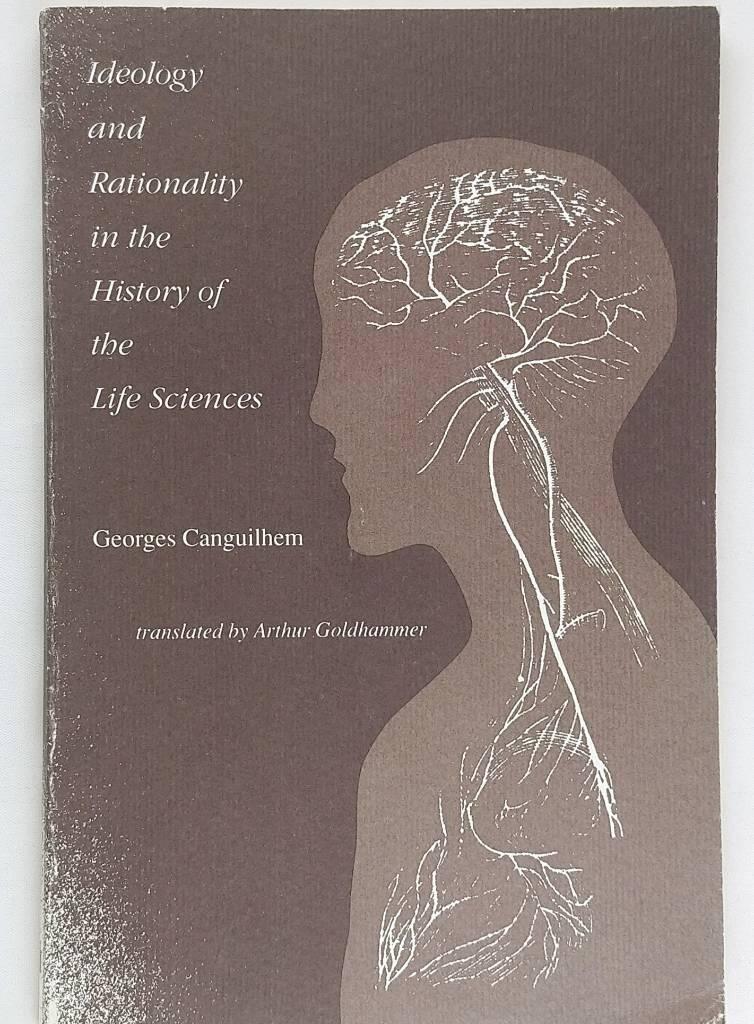
The rise of early modern science : Islam, China, and the West
Inbunden bok. Cambridge University Press. 1993. 409 sidor.
Mycket gott skick. Skyddsomslag i mycket gott skick.
Förlagsfakta
- ISBN
- 0521434963
- Titel
- The rise of early modern science - Islam, China, and the West
- Författare
- Huff, Toby E.
- Utgivningsår
- 1993
- Bandtyp
- Inbunden
- Språk
- English
- Baksidestext
- This is a study of the long-standing question of why modern science arose only in the West and not in the civilizations of Islam and China. The author points out that from the tenth century to the thirteenth the Arabs had the most advanced science in the world. Arab astronomers even invented non-Ptolemaic planetary models that are equivalent to those of Copernicus, yet they failed to develop modern science. While the Chinese underwent a high level of mathematical development during the European High Middle Ages, they generally lagged behind the Arabs in physical theory, optics, astronomy, and experimentation. To explain this outcome the author explores the cultural - religious, legal, philosophical, and institutional - contexts within which science was practiced in Islam. China, and the West. He finds in the history of law and the European cultural revolution of the twelfth and thirteenth centuries major clues as to why the ethos of science arose in the West, permitting the breakthrough to modern science that did not occur elsewhere. This line of inquiry leads to novel ideas about the centrality of the legal concept of corporation which is unique to the West and gave rise to the concepts of neutral space and free inquiry










